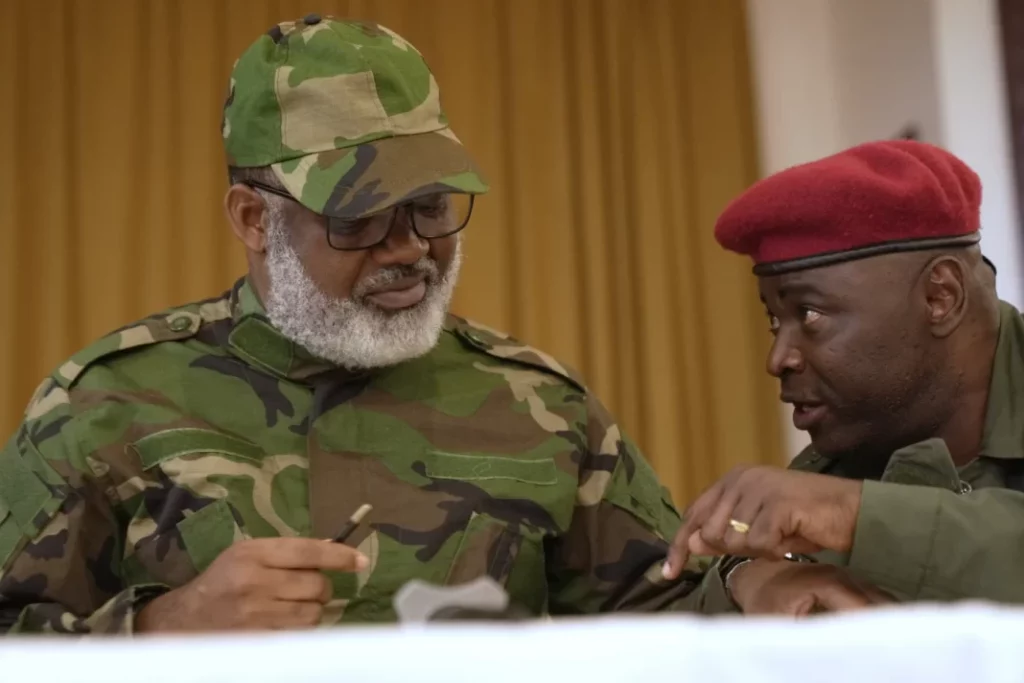M23 Rebels Withdraw from Peace Talks with Congo After EU Sanctions

On Monday, the M23 rebel group withdrew from peace talks with the Democratic Republic of Congo (DRC), less than a day before the two sides were set to meet in Angola. The rebels’ decision came after the European Union imposed sanctions on M23 and several Rwandan officials earlier that day.
The Congo River Alliance, which includes M23, stated that the EU sanctions were intended to “obstruct the much-anticipated talks.” M23 had long sought direct negotiations with the Kinshasa government, but DRC President Felix Tshisekedi had previously refused, viewing M23 as a proxy for Rwanda. However, after a series of battlefield setbacks and pressure from his ally, Angola, Tshisekedi reversed his position on Sunday and agreed to send a delegation to Luanda.
Despite M23’s withdrawal, Tshisekedi’s spokesperson confirmed that the government delegation would still attend the talks in Luanda. “We confirm our participation at the invitation of the mediators,” she said.
The conflict, which has its roots in the aftermath of Rwanda’s 1994 genocide and competition over the region’s mineral resources, has escalated since January. M23 fighters have taken control of the two largest cities in eastern Congo, causing thousands of deaths and displacing hundreds of thousands of people.
Both the United Nations and other international bodies have accused Rwanda of supporting M23 with arms and soldiers. Rwanda has defended its actions, claiming that its involvement is a defensive measure against Congo’s army and militias hostile to Kigali.
EU Sanctions
The EU sanctions were among the most significant measures taken against M23 and Rwanda since the rebels intensified their offensive earlier this year. The sanctions targeted Rwanda’s mining sector and a gold refinery, with experts noting that the EU’s move highlighted the role of natural resource exploitation in fueling the conflict.
In response, the Congo River Alliance criticized the EU’s actions, calling them “incomprehensible and ambiguous.” The group argued that the sanctions, particularly those imposed on the eve of the Luanda talks, severely undermined the prospects for direct dialogue and made any progress toward peace impossible.
